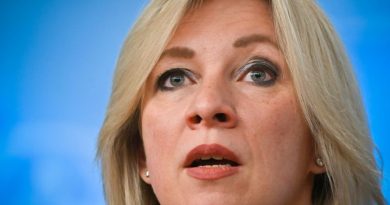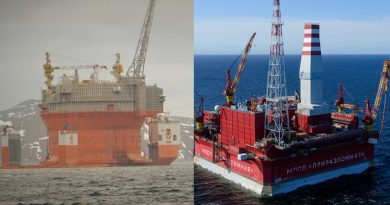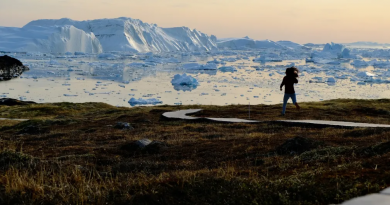Ahead of Russia’s Year of Ecology, government targets green activists
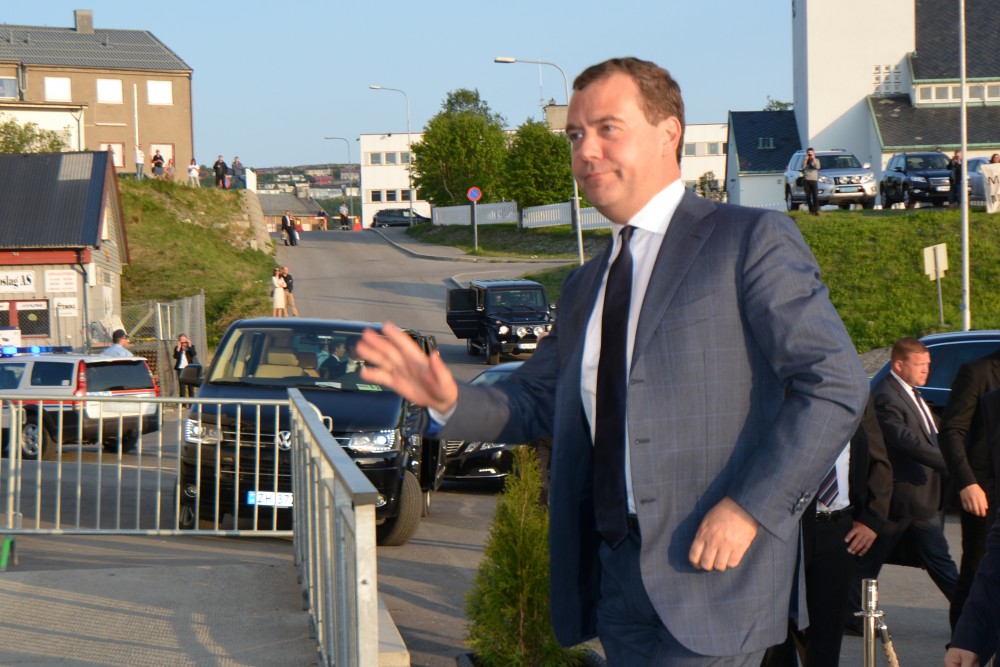
Pressure is growing on the country’s independent environmental organizations.
“I am confident that with joint efforts we will succeed, that we will do our utmost to heighten environmental security in the country,” Prime Minister Dmitry Medvedev said in a greeting to the country’s green movements this week.
“I wish Russian environmentalists good luck and all the best”, Vedomosti newspaper quotes Medvedev saying.
The statement came as the prime minister presented Russia’s official plan of events for the country’s upcoming 2017 Year of Environment. The plan includes the Arctic as one of the priority regions, according to the government decree posted online.
Yet at the same time, the government has increased pressure against the Russian green movement.
In the Republic of Komi, regional Deputy Minister of Environment Roman Polshvedkin in a recent public meeting warned against organizations that “discredit the authorities and the industrial companies.”
“Recently, we have seen more active efforts from public organizations that discredit government authorities and industrial companies, and bring to the forefront their own alternative agenda,” Polshvedkin said, 7×7-journal reports. “These organizations get financing from the abroad.”
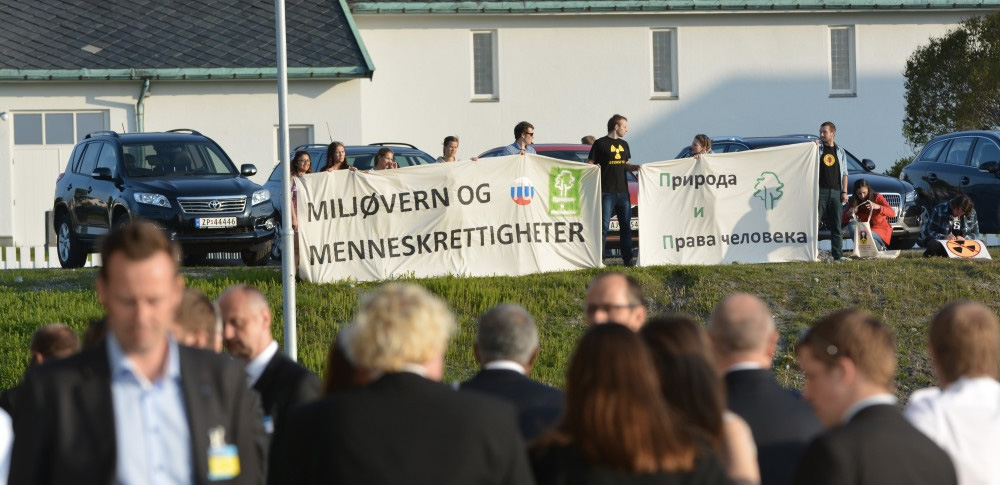
The Komi Republic is far from unique. All over the country, independent green NGOs are under scrutiny of public prosecutors. Figures presented by the NGO Lawyers Club, a group of lawyers working for the non-governmental sector, show that a total of 20 environmental organizations are now on the list of so-called “foreign agents.”
In a new report, the lawyers say Russian authorities now actively apply personal pressure against the most active NGO representatives.
Among the organizations on that list is Bellona Murmansk.
In an interview with 7×7-journal, human rights and green activist Vitaly Servetnik argues that the situation today might be even more dangerous for environmentalists than for human rights activists.
Activists from green indigenous peoples organizations are especially targeted, he says, because they are the ones most dependent on the environment and, consequently, the most affected by environmental destruction.
It was President Vladimir Putin who on January 5th announced that 2017 will the country’s Year of Ecology. Deputy Head of the Presidential Administration Sergey Ivanov was appointed chair of the organizational committee and Prime Minister Medvedev commissioned with preparing a plan of events.
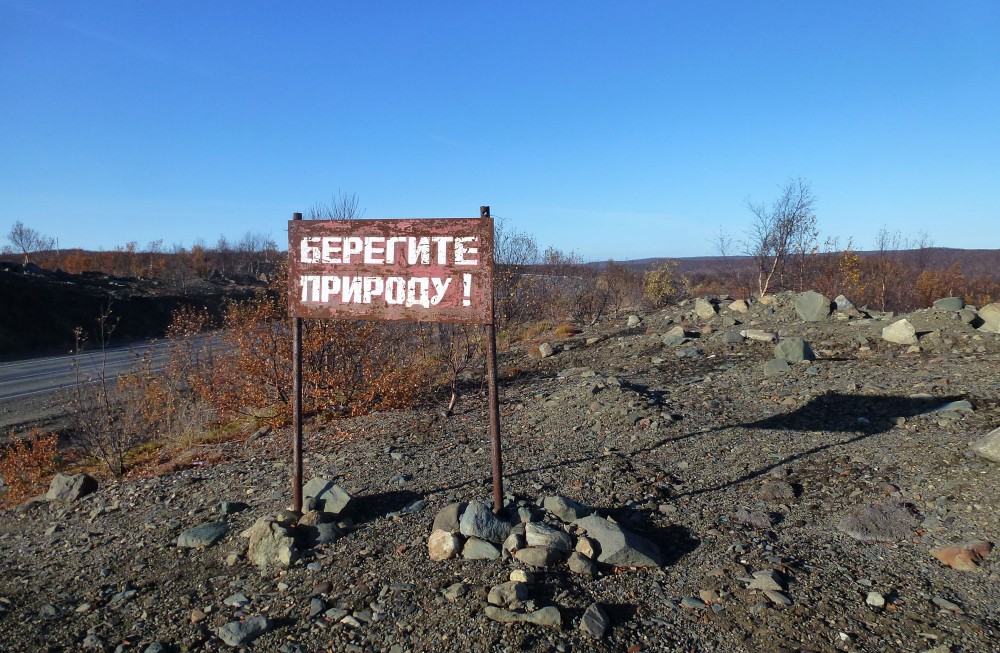
Related stories from around the North:
Canada: Trudeau and Obama’s Arctic endeavours, Deutsche Welle Ice-Blog
Finland: Experts question Finland’s energy decisions, data, Yle News
Norway: Nobel Peace Prize winners call for halt to Arctic drilling, The Independent Barents Observer
Russia: Spilled oil spreads into more rivers, fuels popular discontent, The Independent Barents Observer
Sweden: Will Sweden be able to produce enough energy in the future?, Radio Sweden
United States: Trump energy plan calls for more drilling, fewer environmental protections, Alaska Public Radio Network

